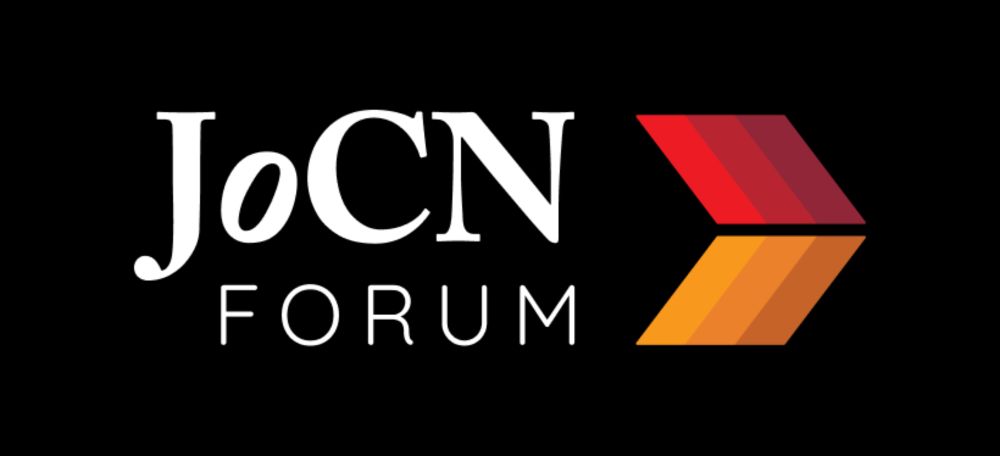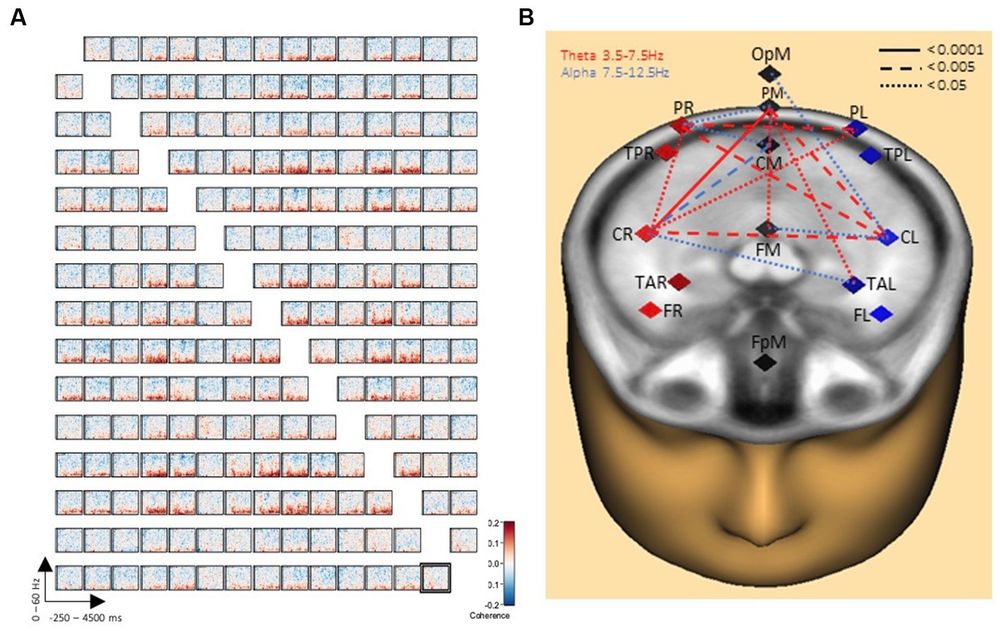What happens when we imagine a cow? open.substack.com/pub/abhijitc...

What happens when we imagine a cow? open.substack.com/pub/abhijitc...
osf.io/preprints/ps...
@abhijitchinchani.bsky.social
osf.io/preprints/ps...
@abhijitchinchani.bsky.social
Woodward Lab at the University of British Columbia, which detail the
anatomy and function of cognitive modes detectable by fMRI.
www.theurlist.com/woodward-lab...
Woodward Lab at the University of British Columbia, which detail the
anatomy and function of cognitive modes detectable by fMRI.
www.theurlist.com/woodward-lab...
doi.org/10.21428/8e6...

doi.org/10.21428/8e6...

doi.org/10.21428/8e6...
Using the word connectivity is misleading, since it relates to structure and no way this is correct w/o a robust assessment. You can observe this just by changing params in dynamics.

Using the word connectivity is misleading, since it relates to structure and no way this is correct w/o a robust assessment. You can observe this just by changing params in dynamics.
doi.org/10.31234/osf.io/mj52a
doi.org/10.31234/osf.io/mj52a

